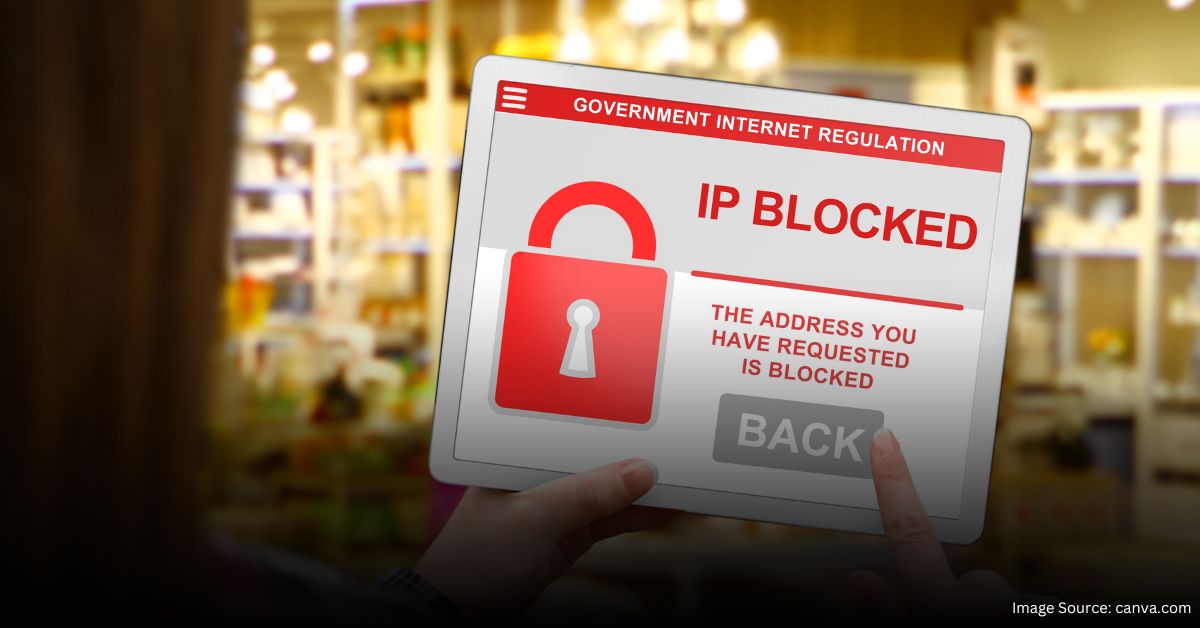In today’s digital world, your IP address is like your home address on the internet. It reveals your location and can be used to track your online activities. But why does this matter? Imagine leaving your front door wide open—it wouldn’t feel safe. The same goes for your IP address. If you’re concerned about your online privacy and want to protect yourself from prying eyes, learning how to hide your IP address is essential. Let’s explore why you should do this and how to get it done.
Why You Should Hide Your IP Address
Hiding your IP address isn’t just for tech experts or secret agents. It’s a smart move for anyone who values privacy and security online. Here are a few reasons why:
Protecting Your Privacy
When you browse the web, your IP address is visible to websites, advertisers, and even hackers. They can track your activities, build profiles about you, and use this information in ways you might not want. By learning how to hide your IP address, you can protect your personal information and browsing habits.
Accessing Restricted Content
Some websites and streaming services restrict content based on your location. By hiding your IP address, you can bypass these geographical restrictions and access the content you want. This is particularly useful for accessing websites that may be blocked in your country.
Avoiding Online Tracking
Advertisers love tracking your online behavior to serve targeted ads. Hiding your IP address makes it harder for them to follow your online activities. This keeps your browsing experience more private and less cluttered (De cluttered) with ads that don’t interest you.
How to Hide Your IP Address: Simple and Effective Methods
Now that you know why it’s important, let’s dive into the practical steps. Here are some popular methods to hide your IP address:
1. Use a VPN (Virtual Private Network)
A VPN is one of the most effective ways to hide your IP address. When you connect to a VPN, it routes your internet traffic through a server in a different location, masking your true IP address.
How It Works:
When you use a VPN, your device connects to the internet through an encrypted tunnel. This tunnel hides your IP address from websites, hackers, and anyone else trying to monitor your online activities.
Pros:
- Strong encryption for enhanced security
- Ability to choose your virtual location
- Easy to use on multiple devices
Cons:
- Some VPNs may slow down your connection
- Free VPNs can have limited features or be less secure
2. Proxy Servers
A proxy server acts as a middleman between your device and the internet. It receives your internet requests and forwards them to the websites you want to visit, masking your IP address in the process.
How It Works:
When you connect to a proxy server, it replaces your IP address with its own before sending your requests to websites. This makes it appear as if you’re browsing from a different location.
Pros:
- Quick and easy to set up
- Offers basic IP masking
Cons:
- Less secure than a VPN
- Can be slower than a direct connection
3. Tor Browser
Tor is a free, open-source browser that anonymizes your online activity by bouncing your traffic through multiple servers around the world. This makes it extremely difficult for anyone to trace your IP address.
How It Works:
When you use the Tor browser, your internet traffic is encrypted and routed through a network of volunteer-operated servers. This process hides your IP address and makes your browsing activities nearly impossible to trace.
Pros:
- High level of anonymity
- Free to use
Cons:
- Can be slow due to multiple relays
- Not suitable for all online activities
4. Mobile Data
Switching to mobile data instead of using your home Wi-Fi can temporarily hide your IP address. This is because your mobile network assigns a different IP address than your home internet.
How It Works:
When you disconnect from Wi-Fi and use mobile data, your internet traffic is routed through your mobile carrier’s network, which uses a different IP address.
Pros:
- Easy to switch
- Temporary IP change
Cons:
- Not a permanent solution
- Uses mobile data, which may be limited
Conclusion: Take Control of Your Online Privacy
Learning how to hide your IP address is an essential step in protecting your online privacy. Whether you use a VPN, proxy server, Tor browser, or mobile data, each method has its pros and cons. The key is to find the solution that works best for your needs and offers the level of privacy you’re comfortable with. By taking these steps, you can browse the internet more securely, access the content you want, and keep your online activities private.


